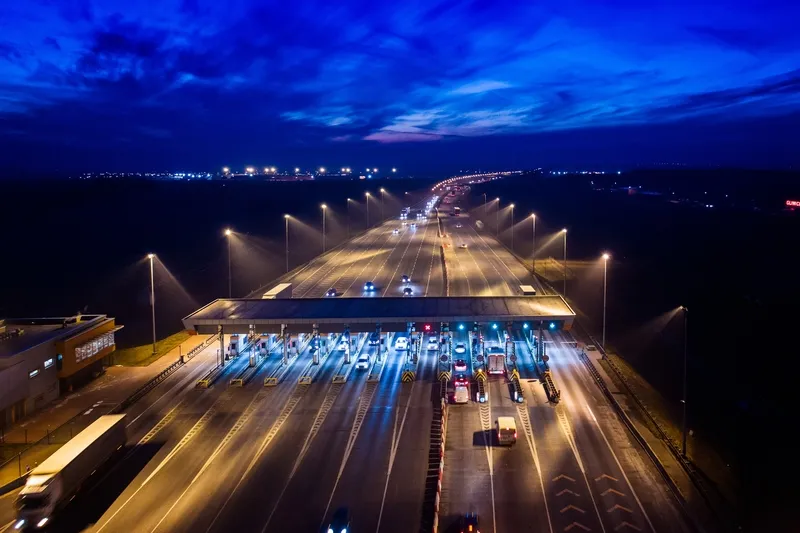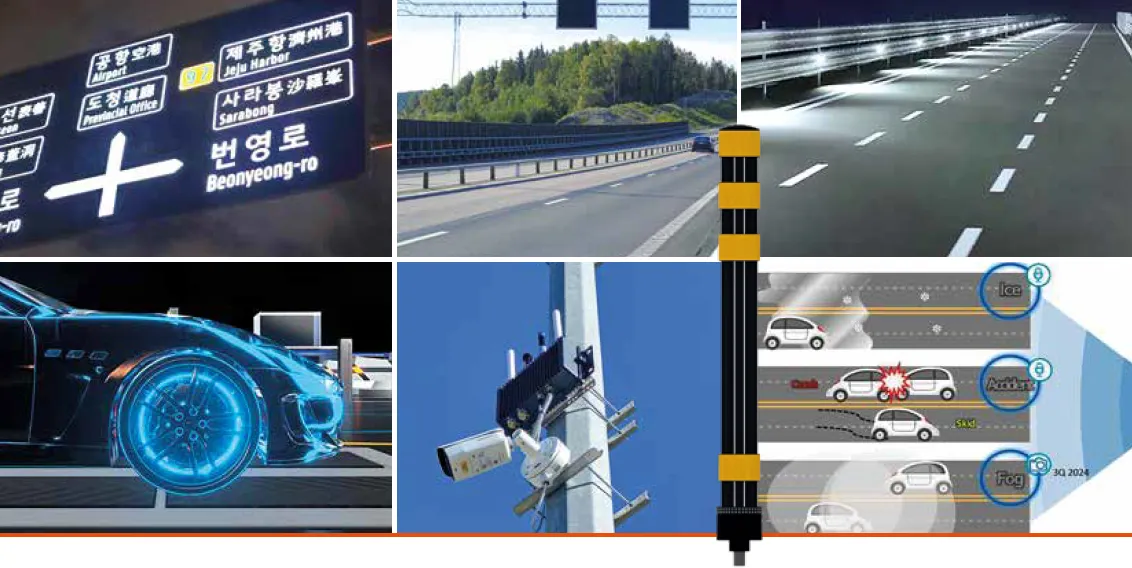
Chalmers University of Technology has developed a dataset - called Reeds - for evaluating the algorithms of autonomous vehicles (AV) using an advanced research boat that travels predetermined routes around Sweden.
Chalmers says researchers and companies around the world have competed in recent years over which software algorithms provide the best artificial perception for AVs.
To help, they use huge datasets which contain recorded sequences from traffic environments and other situations. These datasets are used to verify that the algorithms work as well as possible and that they are interpreting situations correctly.
Researchers at the university chose the boat in order to create the most challenging conditions possible, thereby increasing the complexity of the software algorithms.
Reeds also includes input from University of Gothenburg, Rise (Research Institutes of Sweden) and the Swedish Maritime Administration.
Ola Benderius, associate professor at the department of mechanics and maritime sciences at Chalmers, hopes the dataset will represent a breakthrough for more accurate verification to increase the quality of artificial perception.
"The goal is to set a standard for development and evaluation of tomorrow's fully autonomous systems,” Benderius says.
“With Reeds, we are creating a dataset of the highest possible quality, that offers great social benefit and safer systems.”
The boat creates a comprehensive picture of the environment around it using cameras, laser scanners, radar, motion sensors and positioning systems. The tours will continue for another three years and the dataset will grow over time.
Chalmers claims the camera system on the boat can generate 6 gigabytes of image data per second, with a 1.5-hour trip providing 16 terabytes of image data.
“Our system is of a very high technical standard. It allows for a more detailed verification and comparison between different software algorithms for artificial perception – a crucial foundation for AI,” Benderius adds.
The Reeds dataset is expected to provide the conditions for fair comparisons between different researchers' software algorithms.
The researcher can upload their software to Reeds’ cloud service, where the evaluation of data and comparison with other groups’ software takes place automatically. The results are published openly, allowing anyone to see which researchers around the world have developed the best methods of artificial perception in different areas.
This means that large amounts of raw data will gradually accumulate and the data will be analysed continuously and automatically in the cloud service, the university adds.
According to Chalmers, Reeds' cloud service provides the conditions for both collaboration and competition between research groups, meaning that over time artificial perception will increase in complexity for all types of self-driving systems.










